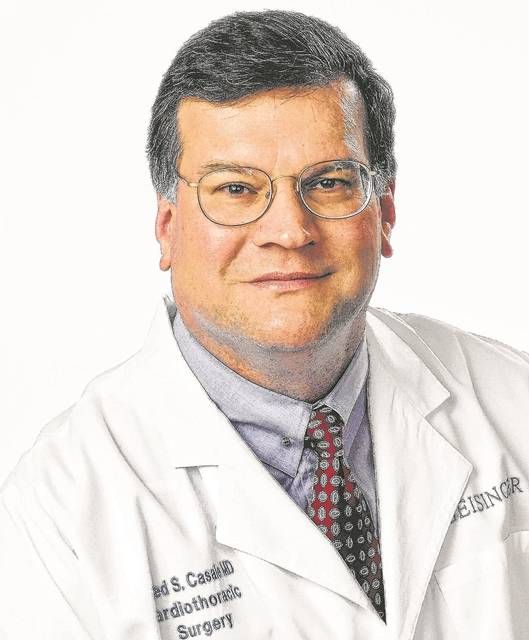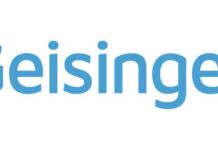Click here to subscribe today or Login.
As we continue to process how the latest novel coronavirus, COVID-19, is affecting us across our country and throughout our neighborhoods, we have encountered some clear challenges, from restrictions to social and commercial interaction to shortages in products needed for both maintaining daily life and practicing modern medicine.
These challenges might make our response to COVID-19 seem overwhelming, but we can overcome them by coming together to achieve a common goal, even if we have to stay 6 feet apart while doing so.
Social distancing is the term you’re seeing everywhere, and that’s because our best defense against stopping this virus from reaching its potential is simply staying away from one another. Social distancing means staying home unless it’s necessary to leave to buy food, go to work, or conduct other necessary business.
This doesn’t mean you have to live behind a hermetically sealed door, but it does mean you should limit your exposure to others as much as possible. And when you do have to go out, you should refrain from shaking hands and interacting with people inside of a 6-foot radius.
There is evidence, based on studies of previous infectious diseases and how they’ve spread through populations, that social distancing can significantly reduce the number of people affected in a population.
So, when you see the restrictions we’re implementing as a society, try not to think of them as frustrating inconveniences but as valuable tools we can use to combat the proliferation of COVID-19.
As we have continued to monitor and respond to the virus, Geisinger has decided to suspend routine, in-person visits to hospitalized patients, encouraging loved ones to utilize phone calls, Skype, Facetime and other tech-based means of communication to stay in touch.
Visitors are still being allowed, on a limited basis, for certain patient groups, including patients who are medically unstable, at the end of life, undergoing surgery or delivering children.
This week, I appeal to you to consider these restrictions and similar recommendations from other health systems and institutions to be our call to action as a community. They may be inconvenient, but they will help us lower the risk of contracting COVID-19 for patients and staff, allowing patients to keep getting the care they need and providers to keep delivering that care.
Another issue we’re facing as a nation is a shortage of blood. Novel coronavirus has interrupted blood drives across the country, and while the presence of COVID-19 has suspended many aspects of life for the time being, blood is always needed for non-elective surgeries, trauma patients, cancer treatments and life-saving care for premature infants.
Local blood drives are scheduled at Geisinger South Wilkes-Barre from 1 to 5 p.m. on April 15 and Geisinger Glenmaura Office Building from 9 a.m. to 2 p.m. on April 16. Appointments can be scheduled by visiting Miller-Keystone Blood Center’s website at donor.giveapint.org.
All donors are screened before donating, and only people who are feeling well are expected to donate. Donation sites should not be crowded because of appointments, and risk of exposure is exceedingly low.
If you are healthy, willing and able to donate, consider helping in this great time of need. A pint of blood can help save a life. While most of us are intently focused on COVID-19 and how we’ll weather the storm, there are other members of our community who can’t stop fighting cancer, being chronically ill, leaving their house for life-sustaining care, or needing emergency medical attention.
For all of those who need it most, let’s donate blood, keep our hands clean and keep our distance. It will save a few lives, and it will keep some of our friends and neighbors from getting sick at all.
Dr. Alfred Casale, a cardiothoracic surgeon, is chief medical officer for surgical services for Geisinger and chair of the Geisinger Heart Institute. Readers may write to him via [email protected]. For information on alternative treatment for atrial fibrillation, visit https://geisinger.cc/2wLkTJz








